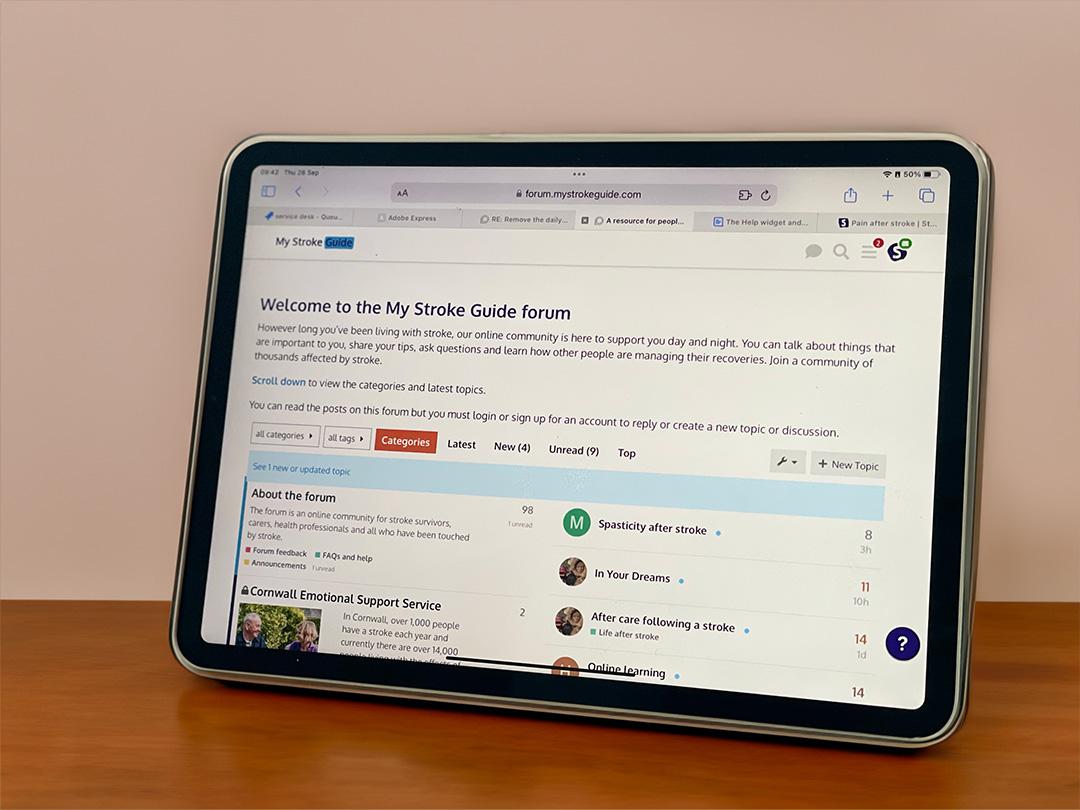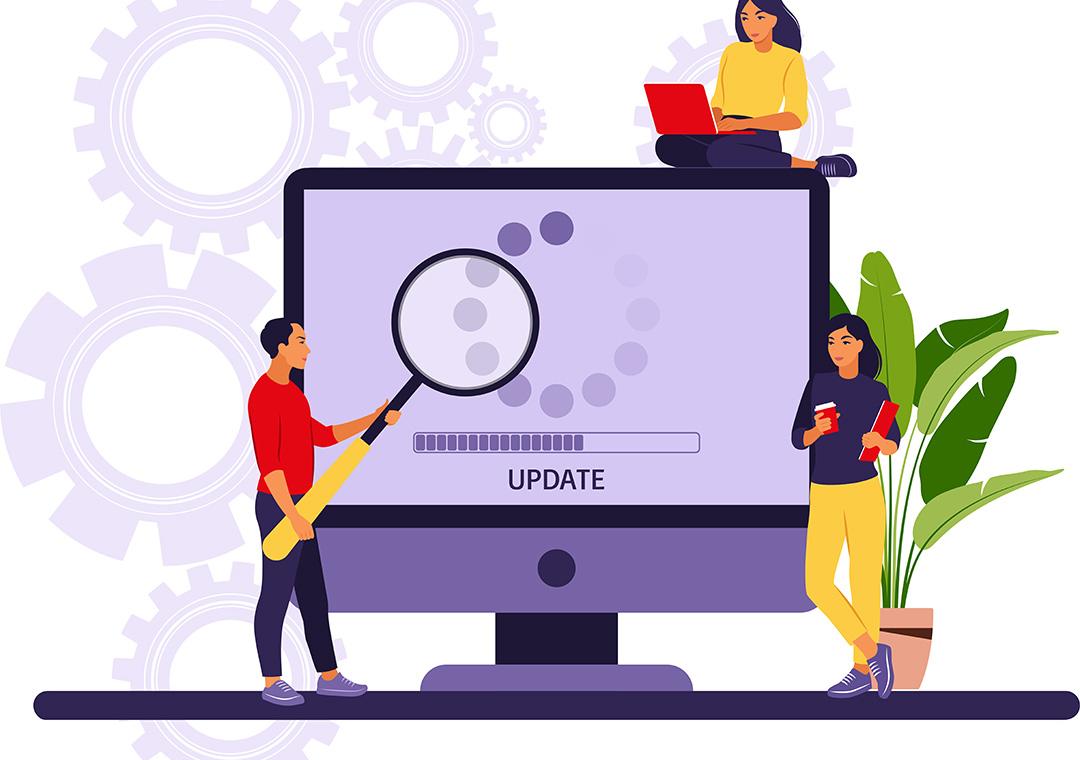We are the only organisation dedicated to funding research into ongoing rehabilitation – because we know that making the best possible recovery means everything to survivors and their loved ones.
Research into stroke has already made amazing progress - helping to cut the rate of deaths from stroke by almost half over the last three decades. But stroke is still a leading cause of adult disability in the UK.
Together we can fund more of the research that means everything to people affected by stroke. If you can, please donate today at stroke.org.uk
Meet one of the researchers we fund
As an optometrist, Dr Christine Hazelton often saw patients who had experienced sight loss after a stroke, and always felt she should be able to do more to improve their lives.
That was the inspiration behind her move into research.
“I was meeting people who could no longer drive, or no longer read. I felt I wasn’t doing my job very well because, beyond getting their glasses right, there wasn’t anything I could do.”
As a researcher, Dr Hazelton has undertaken a number of projects exploring stroke survivors’ experiences of sight loss, and is passionate about using her findings to improve treatment and care.
She wants more opticians to understand stroke patients, and more stroke specialists to understand sight loss. And she’s already begun to feed her research findings into training for both optometrists and occupational therapists.
More about Dr Hazelton's research
One of her most exciting projects – funded by the Stroke Association as part of a five-year lectureship – is looking at the impact of visual field loss on stroke survivors’ lives.
Visual field loss is one of the most common ways your sight can be impacted by stroke - in particular a condition called ‘homonymous hemianopia’.
Dr Hazelton explains:
“Your visual field is everything that you can see at one point in time. This condition [homonymous hemianopia] is essentially loss of one half of the visual field in both eyes. If you have a right brain stroke you will lose vision on the left of each eye, if you have a left brain stroke you will lose vision on the right.”
Dr Hazelton is investigating several potential treatments for visual field loss. These include vertical reading, which involves simply turning the page, and training your eyes to read up or down rather than left to right. Another is scanning training, where stroke survivors use a computer programme to train their eyes to make larger movements across their remaining visual field.
Early results show that stroke survivors who take part in scanning training feel it benefits their eye movement and vision – and also that it increases their self-confidence, motivation and patience. All of which can only mean good things for their ongoing recovery.
Other blogs in this category

Celebrating Black heroes and pioneers in British healthcare history
October marks UK Black History Month, celebrating trailblazers…
Learn more

The Help widget - improving the forum
You might have noticed that question mark icon at the bottom…
Learn more

